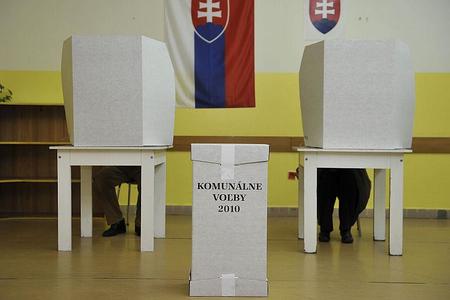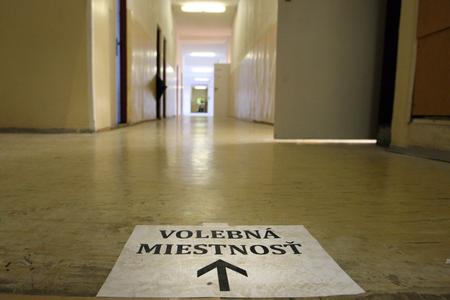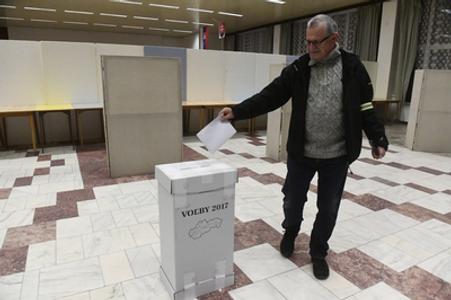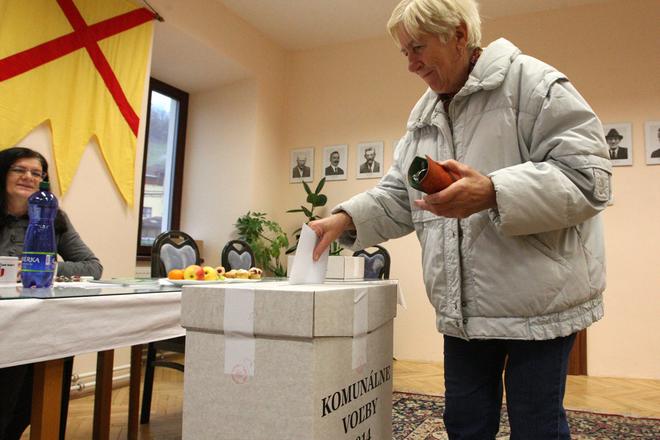Candidates running in the upcoming municipal elections had to stop campaigning at 7:00 on November 8. The moratorium will end once the very last polling station closes on November 10.
Candidates are not allowed to hand out election leaflets or organise and attend political meetings. The ban also covers online campaigns, including those on social media.

“If they put their political content online earlier, they do not have to withdraw it,” said Eduard Bárány, the chair of the State Commission for Elections and Control of Financing of Political Parties, as quoted by the Sme daily. “They cannot, however, send it out to other people.”
As for social media, they should not display pre-paid political content.
What are the restrictions?
Although candidates are recommended to act in a restrained way on their social media profiles, statuses on their private profiles cannot be subjected to a penalty. The members of electoral commissions cannot promote any candidate publicly.

The law stipulates that paid advertising and promotion are prohibited. If the moratorium is breached online, the web operator is punished.
“We are unable to punish operators from abroad but as a general rule, we can figure out who has paid for it,” Bárány added, as quoted by Sme.
The State Commission deals with rule violations. If the law was violated, a legal person or non-partisan candidate could get a fine of up to €10,000. Political parties could be punished with a fine of up to €300,000.

Besides the two-day moratorium on political campaigning during election, a two-week moratorium on publishing poll results is in effect until the end of the vote.


 Illustrative stpck photo (source: Sme - Ján Krošlák)
Illustrative stpck photo (source: Sme - Ján Krošlák)